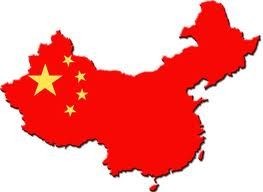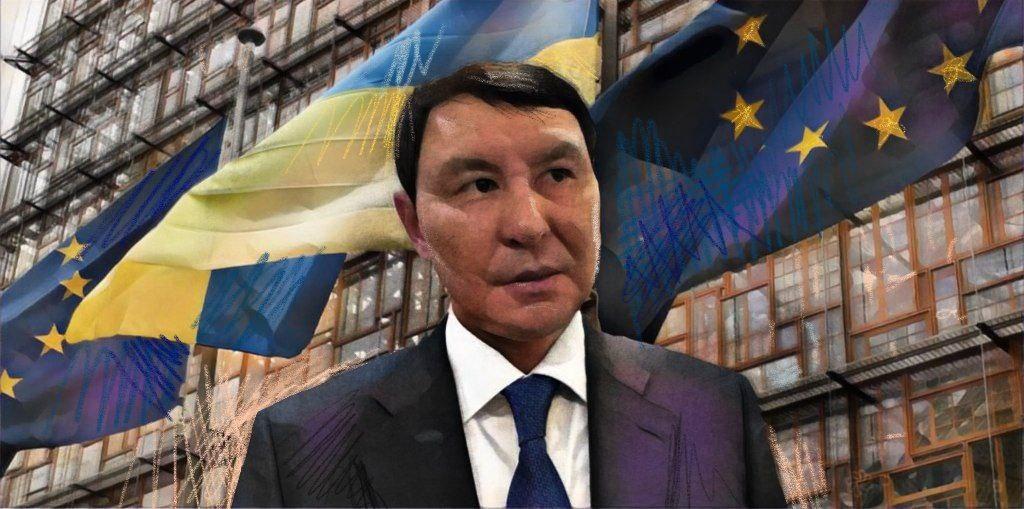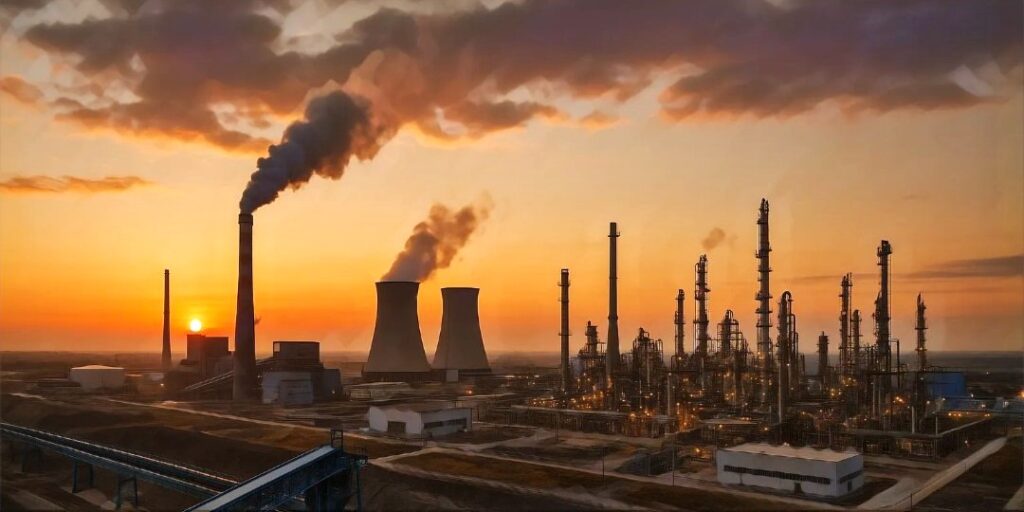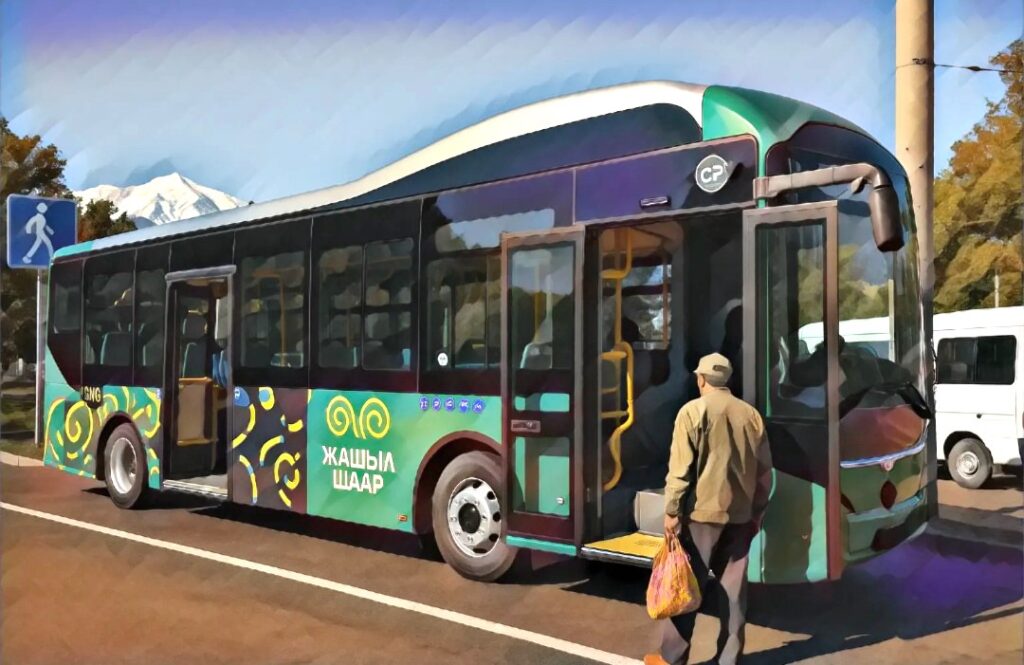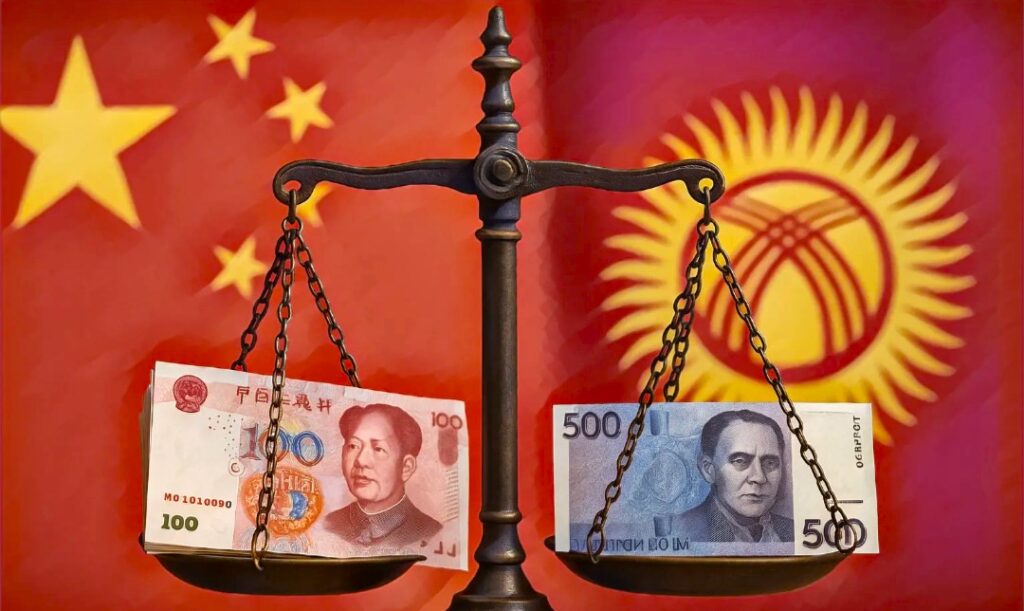BEIJING (TCA) — Chinese President Xi Jinping says his plan to recreate the old Silk Road is designed to increase and enhance international trade cooperation, as he bid to reassure critics of the $1 trillion infrastructure project, RFE/RL reported.
Xi also told attendees at his Belt and Road Forum on April 26 that Beijing will eliminate anticompetitive subsidies to Chinese firms, a practice that has angered many foreign trading partners, including the United States and European Union.
“We will overhaul and abolish unjustified regulations, subsidies, and practices that impede fair competition and distort the market,” Xi said.
“We will treat all companies, enterprises, and business entities equally and foster an enabling business environment based on market operation and governed by law,” he said.
The massive Belt and Road initiative seeks to create new rail, road, port, and energy infrastructure that links China with Europe, Africa, and other parts of Asia.
The high-profile meeting in Beijing brings together heads of state including Russian President Vladimir Putin, Pakistani Prime Minister Imran Khan, and Italian Prime Minister Giuseppe Conte, whose country became the first G7 member to sign up to the initiative.
Also scheduled to attend among the 37 heads of state are Belarusian President Alyaksandr Lukashenka, Azerbaijani President Ilham Aliyev, and Uzbek President Shavkat Mirziyoev.
EU members Germany and France are sending ministers while the United States has not dispatched any officials from Washington.
The United States and many EU countries have criticized China’s project and its lending for regional infrastructure efforts, warning that it has saddled some developing countries with debts that they cannot afford to repay.
Xi sought to ease those concerns, pledging to prevent debt risks and saying the massive infrastructure project “is not an exclusive club.”
Xi said that “we also need to ensure the commercial and fiscal sustainability of all projects so that they will achieve the intended goals as planned.”
He also looked to reassure critics who have complained about what has been called a lack of transparency involved in deals between Chinese companies and some local governments, raising corruption concerns.
“Everything should be done in a transparent way and we should have zero tolerance for corruption,” Xi said.
“Green” development will also be promoted, he said, amid concerns that infrastructure projects are causing long-lasting environment harm in the region. “We must adhere to the concept of openness, greenness, and cleanliness,” he said.
Since Xi launched the initiative in 2013, China has invested $90 billion in projects while Chinese banks have provided at least $200 billion in loans to foreign governments.
